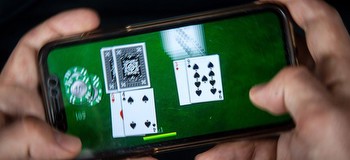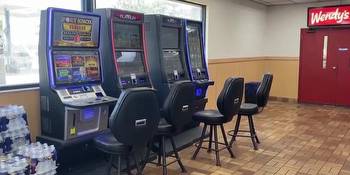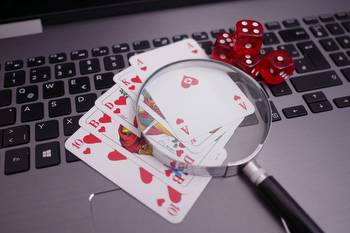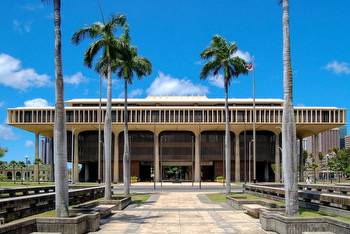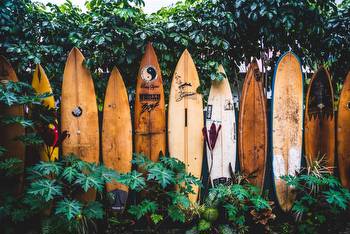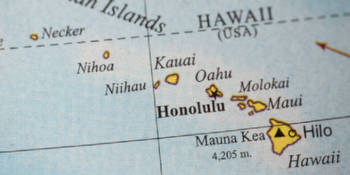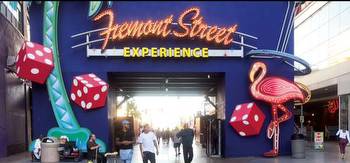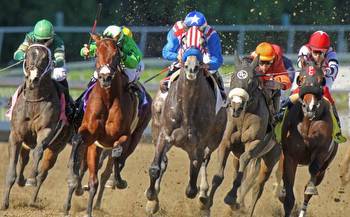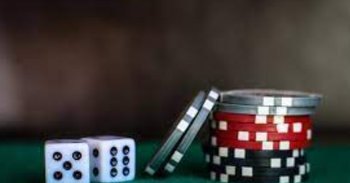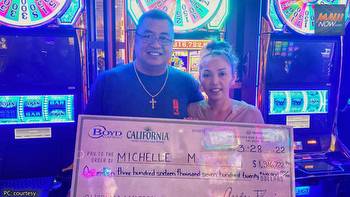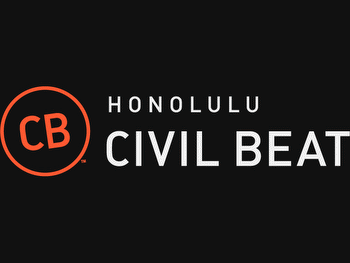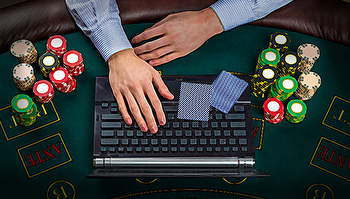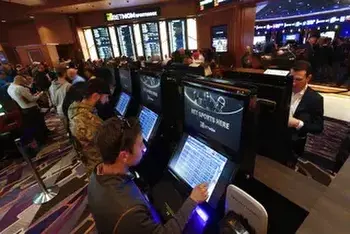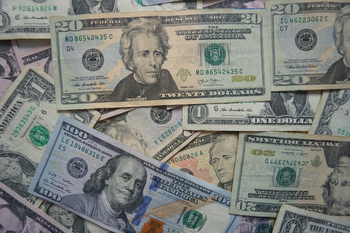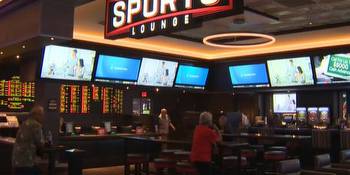Gambling bill coming, but what does that mean?

HONOLULU (KHON2) — In the U.S., two gambling capitals come to mind, Las Vegas and Atlantic City. Most people are comfortable with sequestering the vice of gambling to locations away from their homes, but there are those who feel that the money that gambling brings is worth embracing it.
Rep. John Mizuno has announced that he will be introducing his Sports Gaming Bill tomorrow, Jan. 9 to Hawai’i’s Legislature.
“With Hawaiʻi residents dropping a billion dollars to Las Vegas, Nevada every year, I think a sports and card gaming bill warrants at least a discussion,” said Representative Mizuno. “If crime is associated with gambling, why is gaming legal in 48 states and why are so many Hawaiʻi residents going to Las Vegas, with many taking multiple trips? The people I know who enjoy trips to Las Vegas are mostly kūpuna, not criminals. I feel it is important to discuss options to keep local money in the local economy.”
According to Mizuno, Boyd Gambling reports earnings of approximately $600 million each year.
“Las Vegas is not called the Ninth Island for just any reason,” said Full House Poker Consultant Eric Ford. “It is known per capita that we are number one, for our love for Vegas, shows and gaming. And, it’s been proven, time and time again, for years. Hawaiʻi residents take over 500,000 visits a year to Las Vegas, with many visiting two or three times per year; they are spending and gambling $400 to $800 million a year in Nevada. Our job is to keep a portion of that money for our local economy and our local people.”
“As responsible residents of Hawaiʻi, we are sensitive to social concerns that have been raised in the past about gambling, but we believe this legislation addresses those concerns,” said House Committee on Economic Development Chair Daniel Holt.
The proposed legislation will allow customers to enter sports book and card rooms after they have registered with the premises and have paid a daily fee.
“Local residents who visit Las Vegas several times a year, where they spend hundreds of millions of dollars, will hopefully be encouraged to stay here and keep their money in Hawaiʻi for Hawaiʻi’s economy,” said Representative Holt.
Now, this all sounds great, right? Who doesn’t want to bring $600 million dollars to those who own gambling establishments?
With conservatives, understandably, believing that taxation is an unnecessary evil, who will benefit from the millions brought to Hawai’i from gambling? What will taxation look like? Who or what will the taxes benefit?
Then there is the very real issue of human trafficking.
According to the American Gaming Association, human sex trafficking is much more prevalent in areas where gambling is legal, particularly in situations like Las Vegas where gambling is the main industry.
AGA published a guide on how to deal with sex trafficking and gambling. One of the most important factors in protecting humans from sex trafficking is laws that not only seek out traffickers but laws that protect those who have been trafficked. Although Hawai’i does have laws that make it illegal to perpetrate sex trafficking, we do not have laws that protect the victims of sex trafficking.
Another issue that the National Center for Responsible Gambling has raised is addiction.
According to NCRG, gambling addiction is most prevalent amongst men, those who live in poverty and ethnic and racial minorities.
As it stands, Hawai’i does little to protect those who suffer from addiction and mental illness. With many of Honolulu’s houseless persons suffering from mental illness and with limited options for them to go to seek help, how do we expect to deal with an influx of individuals and families who are dealing with gambling addiction?
Another issue that needs to be addressed is the comment that gambling is legal in 48 states. That is not exactly accurate; it is a much more complicated issue. Less than half of U.S. states allow full access gambling to be legal. The laws across the country are a patchwork of absolutely no gambling to fundraising gambling to full access gambling.
To portray Hawai’i as being left behind is somewhat misleading. However, with that said, it must be noted that Hawai’i is the only state where all forms of gambling are illegal. So, technically, gambling is legal in 49 states; but each state has its own very complicated codes in approaching the legalities of gambling.
Colorado, Delaware, Illinois, Indiana, Iowa, Kansas, Louisiana, Maryland, Michigan, New Jersey, New York, Pennsylvania, Rhode Island and West Virginia have the most expansive gambling laws in the country. Even Nevada does not embrace all forms of gambling.
Now, whether Hawai’i opens up to the gambling industry or not is something that voters will determine. The thing that we have to consider is what consequences are we willing to live with to bring in $600 million for those who own the gaming industry?
Get news on the go with KHON 2GO, KHON’s morning podcast, every morning at 8
So, the question stands, what will legalized gambling mean for Hawai’i and its residents? Only we can determine that through thoughtful discourse and a sense of shared responsibility.








